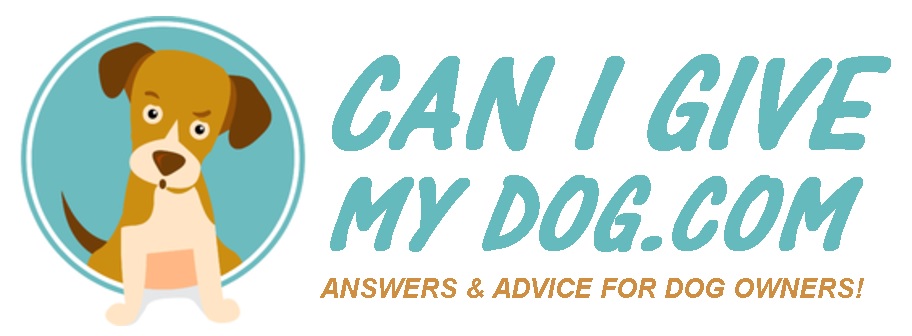Melatonin is a naturally occurring hormone that helps with insomnia. It’s fairly effective and has a good safety record.
But does this also hold true for dogs?
Generally, yes!
Animals can be given melatonin, but it should be conservatively dosed and without a certain risky additive. Keep reading to learn all the details…
 Dogs Can Take Melatonin
Dogs Can Take Melatonin
More often than not, it does the trick!
Just be sure to play it safe by getting melatonin that’s been designed for dogs (all safe ingredients).
The thing is…
Some melatonin supplements contain potentially harmful substances. Xylitol, for example, is a toxic artificial sweetener that should be off limits to dogs.
So carefully read the product’s label before attempting to trigger sleepiness!
The Results of a Study
The National Center for Biotechnology Information (NCBI) published a study of 5 Beagles given various amounts of melatonin.
Behavior, vitals and urine were examined for excreted concentrations as well as serum levels.
Based on the results, the following was concluded:
- The hormone’s distribution phase is 3.5 hours with a half life of appropriately 5 hours
- From a pharmacokinetic standpoint, dogs and humans response the same to melatonin
The above is great news!
However, this does not mean dogs can handle the same amounts of melatonin that people can.
Dog Dosing of Melatonin
Talk with your vet before giving your dog any mood altering drug (especially for sleep medications).
For Reference Only: A typical melatonin dose ranges from 3 to 6 mg given not more than two times daily.
3 milligrams is a sufficient amount for small breeds (body weight of 25 pounds or less). Larger dogs could benefit from as much as 6mg.
Both a trusted melatonin brand as well as proper dosing are key for safety and optimal results.
When It Makes Sense
Compared to conventional sleep aid drugs, melatonin is an excellent choice for dogs.
It’s good for regulating restfulness, but it works well as a canine calming aid and for reducing the effects of separation anxiety.
Some pets have trouble getting sleep due to fear and anxiety. So these symptoms often go hand-in-hand.
Melatonin’s soothing effects will help most dogs to relax and feel less agitated. As a result, they’ll be more likely to sleep soundly.
You may find that melatonin, given in moderate amounts, also helps for thunderstorms or other disruptive loud noises such as fireworks.
What You Can Expect
Melatonin’s effects do not always materialize which can be frustrating. Results vary from dog to dog as it does with people.
When it does work this hormone can last up to 8 hours!
The half -life does not typically begin until long after the dog is fast asleep.
Here is our recommendation:
Give your dog melatonin at around 10:00pm to facilitate restful sleep up to around 6:00am.
Tranquilizer Alternative
There are other ways to handle an agitated dog. Tranquilizers are an option if things are particularity bad.
However, negative side effects include depression and even hallucinations.
OTC melatonin, by comparison, is a much more attractive option though getting your dog a Thundershirt should also be considered. In fact, that would be the safest solution of all.
Puppies And Pregnancies
Pregnant pets and newborn puppies may not be good candidates for Melatonin.
Consult with a trusted vet if these factors apply to your dog because this sleep supplement is not always completely harmless.
Make no mistake: Your dog can overdose on Melatonin.
The Bottom Line
Melatonin is pretty well-tolerated and can help your dog to feel relaxed.
It’s a great sleep aid, but it is also useful for anxiety.
Just be selective when choosing a melatonin product. Xylitol, a known ingredient in supplements, can easily cause your dog harm!
